Urmi Garments: A story of riding the waves
The apparel industry of Bangladesh started its journey in early 80s. Since its inception, different sources of impetus have contributed to the development and maturity of the industry at various stages. Child labour issue in 1994, phase-out of Multi-Fibre Arrangement in 2005, and Rana Plaza collapse in 2013 define the industry’s hard times. The industry, with the support of the government of Bangladesh, global brands and international development partners, lived up to these challenges and achieved overall improvement during the process.
Urmi Garments Ltd is among one of the few factories set up in early 80’s. From a small 50-machine factory, Urmi has grown steadily over the years to become a composite knit manufacturer and exporter of apparel worth US$ 126 million per annum now. Today Urmi Group comprises one fabric manufacturing facility and three stitching units having a daily capacity of 25 tonnes of fabrics and 140,000 pieces of apparel respectively. In the face of the above challenges and ever increasing competition from other manufacturers, both at home and abroad, Urmi has kept on investing in the development of infrastructure, systems and human resources.
Export destinations of Urmi include Europe, the USA, Japan and Australia whereas the top-notch international brands like Marks & Spencer, Puma, S. Oliver, Decathlon, H&M, Auchan, Tchibo, Kmart, GU, Muji, Laredoute, Vertbaudet, Ellos, Fullbeauty, Ernesting’s Family, Lidl etc are regularly sourcing from Urmi.
Fakhruddin Textile Mills Limited (FTML), the fabric manufacturing arm of the group, is a state-of-the-art facility equipped with modern knitting, dyeing and finishing machines from Europe, Japan and Taiwan. FTML’s laboratory is accredited by Marks & Spencer, Puma, Decathlon and H&M. From the beginning, FTML strived hard to carve out a niche in performance fabrics – primarily based on polyester, viscose, polyamide and other man-made fibre (MMF) and blends thereof, in addition to making regular cotton fabrics. FTML’s fabrics with moisture management, anti-bacterial, UV protection, water repellent and stain release properties are held in high esteem by the buyers.
The stitching units of Urmi have 2,200 sewing machines combined, which produced about 37 million pieces of apparel in 2016. GSD-certified industrial engineers are always on the lookout to improve productivity, reduce production lead time, cut down rework and rejection, improve line balancing, increase flexibility of style changeover etc applying concepts and techniques like method and time study, motion economy, value analysis, PPC, 5S, lean manufacturing, kanban and kaizen. At present, each of the three sewing units of Urmi is running at an average efficiency level of 60 per cent or more.
Over the last decade, the turnover of Urmi grew from US$ 21 million in 2006 to US$ 126 million in 2016 – posting a CAGR of 19.62 per cent. Urmi puts environmental concerns, social compliance and employee satisfaction at the centre of its growth roadmap. A number of notable initiatives have been taken to reduce its carbon footprint and conserve energy. Measures like exhaust gas boilers, hot water module, skylights, LED and T5 lights, and servo motors replacing the clutch motors save 1.6 million cubic metres of natural gas – thus reducing 2,500 tonnes of CO2 emission per annum. While an anaerobic biological ETP having a daily capacity of 4,000 cubic metres ensures that dyeing wastes are treated as per the Environment Conservation Rules of 1997, Urmi has taken several initiatives to decrease water use during dyeing. These include ‘bio-scouring’, ‘block wash’ in place of ‘rinsing’, and using ‘air-flow’ type dyeing machines, which operate with a low liquor ratio. UHM Limited, a joint venture stitching unit with Toray, Japan, and the newest member of the Urmi Group, is working to get the Leed certification for a green factory. All this is testimony to Urmi’s firm commitment towards making this world a better place for the generations to come. Urmi is also Oekotex, GOTS, OCS and RCS-certified.
The unfortunate incident of Rana Plaza collapse brought the issue of workplace safety to the fore and led all stakeholders to act accordingly. All members of the garments owners’ associations (both BGMEA and BKMEA) are working to carry out the corrective action plans as suggested by the Accord, Alliance and National Plan of Action after inspections, even investing a huge amount of money. Factories of Urmi have been audited by Accord and remedial work is nearing completion.
In 2009, Urmi set up a training centre to combat the shortage of skilled sewing operators. Unskilled young people are getting an opportunity to acquire marketable skills and gain meaningful employment. Now, Plan Bangladesh, an international development organisation and ‘Sudokkho’, a project funded by the UKAID and SDC, have joined hands with Urmi in this regard. With their support in terms of organising trainee groups, development of curriculum and in-house trainers, Urmi is now running an operator training centre in each of its three stitching units. Often trainees are recruited from backward areas of the country’s north and hill tracts.
As a participant of the ‘Marks & Start’ programme of Marks & Spencer, Urmi is regularly recruiting physically-challenged people with a view to rehabilitating them upon completion of their treatment at the Centre for Rehabilitation of the Paralysed (CRP).
The 8,000-strong Urmi team remains the heart of Urmi group. Urmi views everyone of them as a resource and keeps empowering them through regular training on various subjects. Urmi stands by its employees at times of need – thereby providing financial assistance for medical treatment of employees as well as their family members, education of the employees’ children, and to help overcome other difficulties. Free sanitary pads are distributed among all female employees every month. Every year, two employees are sent to perform the holy Hajj with the company’s full financial support. A fair price shop has recently been set up in FTML so that the employees can buy the essential commodities at nominal prices. All this is to ensure the group’s employees a life with respect and dignity.
The high level of importance that Urmi places on its responsibility to employees, environment and community, together with its business performance and contribution to the national economy has earned them much recognition – both locally and globally. These include HSBC Export Excellence Award 2011, Social and Environmental Excellence Award 2014, Carbon Performance Improvement Initiative 2015 (CPI2).
Bangladesh needs to move up the value chain if it has to increase export of RMG in the face of rising costs of operation and the intense competition from the countries like Vietnam, Cambodia, India, Pakistan, Sri Lanka, Myanmar etc. Moving up the value chain can occur in two ways. On one hand, producing higher quality and more complex products, and on the other hand, moving from being a CMT supplier to integrating product development and design. Urmi is working in both directions. They have set up a ‘seamless’ knitting unit with latest machines from Santoni, Italy with a view to adding a value-added product line to its export basket. The seamless technology is an innovative concept in producing clothing almost free of seams. An entire garment is knitted requiring little or no cutting and sewing subsequently. Benefits include better fit, comfort and support to the wearer. Seamless knitting also allows knit designers to create different layers, structures and patterns across the entire garment – thus imparting varying degrees of elasticity and breathability in different parts.
At the same time, work is underway to establish a fashion design studio to provide product designing support to the brands. With its vision of setting new trends and taking the RMG industry to the next level, Urmi is working relentlessly to take on the challenges – today and tomorrow.
Mehdi Mahbub
President of Bangladesh RMG Centre.


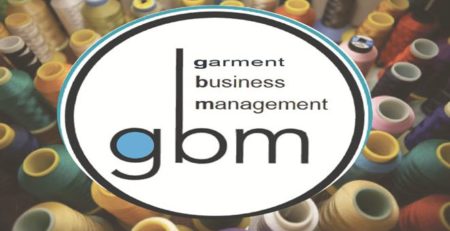
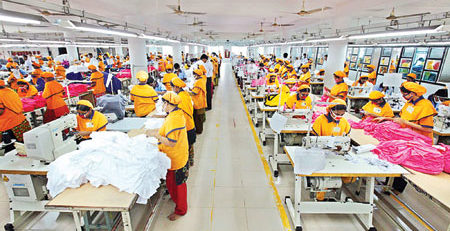
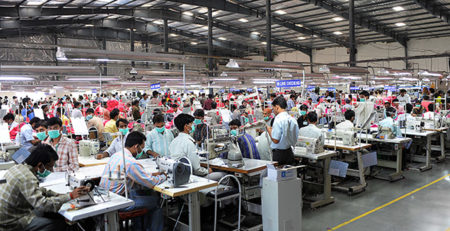

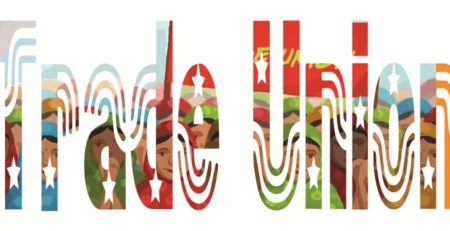
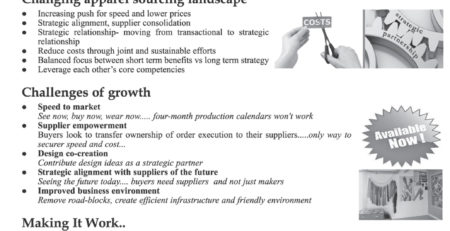
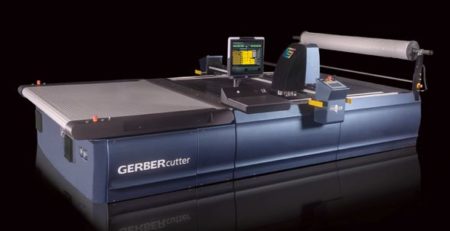
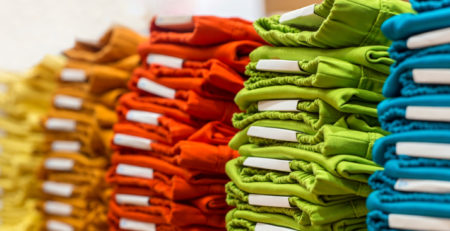
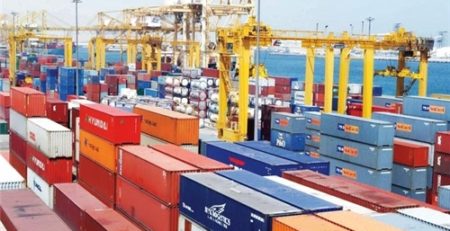
Leave a Reply